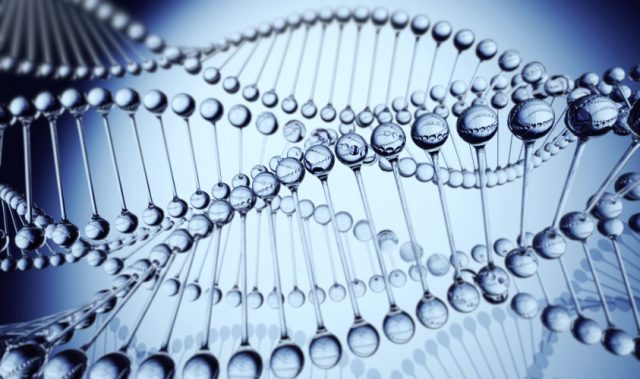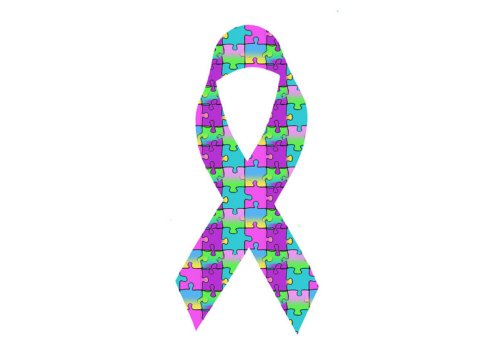
AsianScientist (Sep. 7, 2011) – Queensland Brain Institute (QBI) researchers have discovered a genetic mechanism that may explain why the children of older fathers are more likely to develop schizophrenia or autism.
Compared to the offspring of fathers in their early twenties, the offspring of fathers aged 50 years or over have a two-fold increased risk of these neurodevelopmental disorders.
Schizophrenia affects about one in a hundred Australian adults, while autism affects about one in two hundred children.
Using genome-wide microarray screening technology, researchers compared the offspring of three month old male mice with those fathered by less sprightly 14-16 month old sires.
They found that mice fathered by older dads had an increased number of new copy number variants (CNVs) in their DNA. While some genetic changes involve only one ‘letter’ of the genetic code, CNVs can delete or repeat whole ‘paragraphs’ of genetic code.
These results offered the first experimental demonstration that the offspring of older males have an increased risk of de novo (new) CNVs, says senior author QBI Professor John McGrath.
“While we’ve known for some time that the children of older fathers are more likely to develop schizophrenia or autism, this study provides the first evidence of the biological mechanism that may be responsible,” he explains.
Professor McGrath said the male germ line (the precursor of sperm) undergoes many more cell divisions across adulthood than the female germ line (the precursor of the oocyte). Therefore, the increased load of genetic changes in the sperm of older fathers occurs simply because there is more room for error as time goes on.
These findings, published in the latest issue of Translational Psychiatry, add further weight to the notion that men, too, must heed the ticking of their biological clocks.
McGrath says these findings now open the door to larger research projects, which will explore if these age-related CNVs are more likely to affect brain-related genes.
“Obviously, this isn’t a study we can conduct on humans, but understanding the impact of advanced paternal age on offspring health could have important implications for future public health,” he said.
The article can be found at: Flatscher-Bader T et al. (2011) Increased de novo copy number variants in the offspring of older males.
——
Source: University of Queensland.
Disclaimer: This article does not necessarily reflect the views of AsianScientist or its staff.












